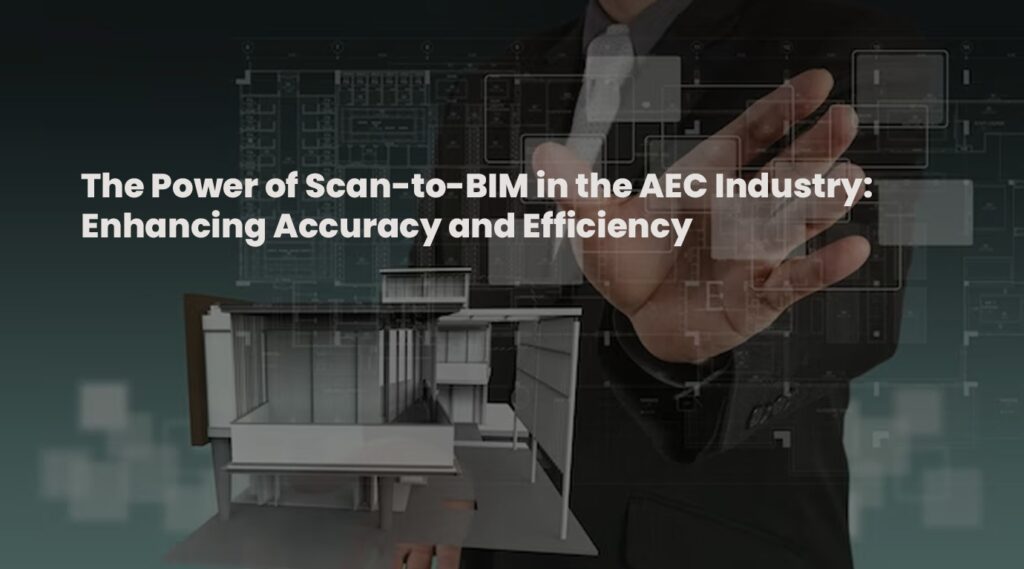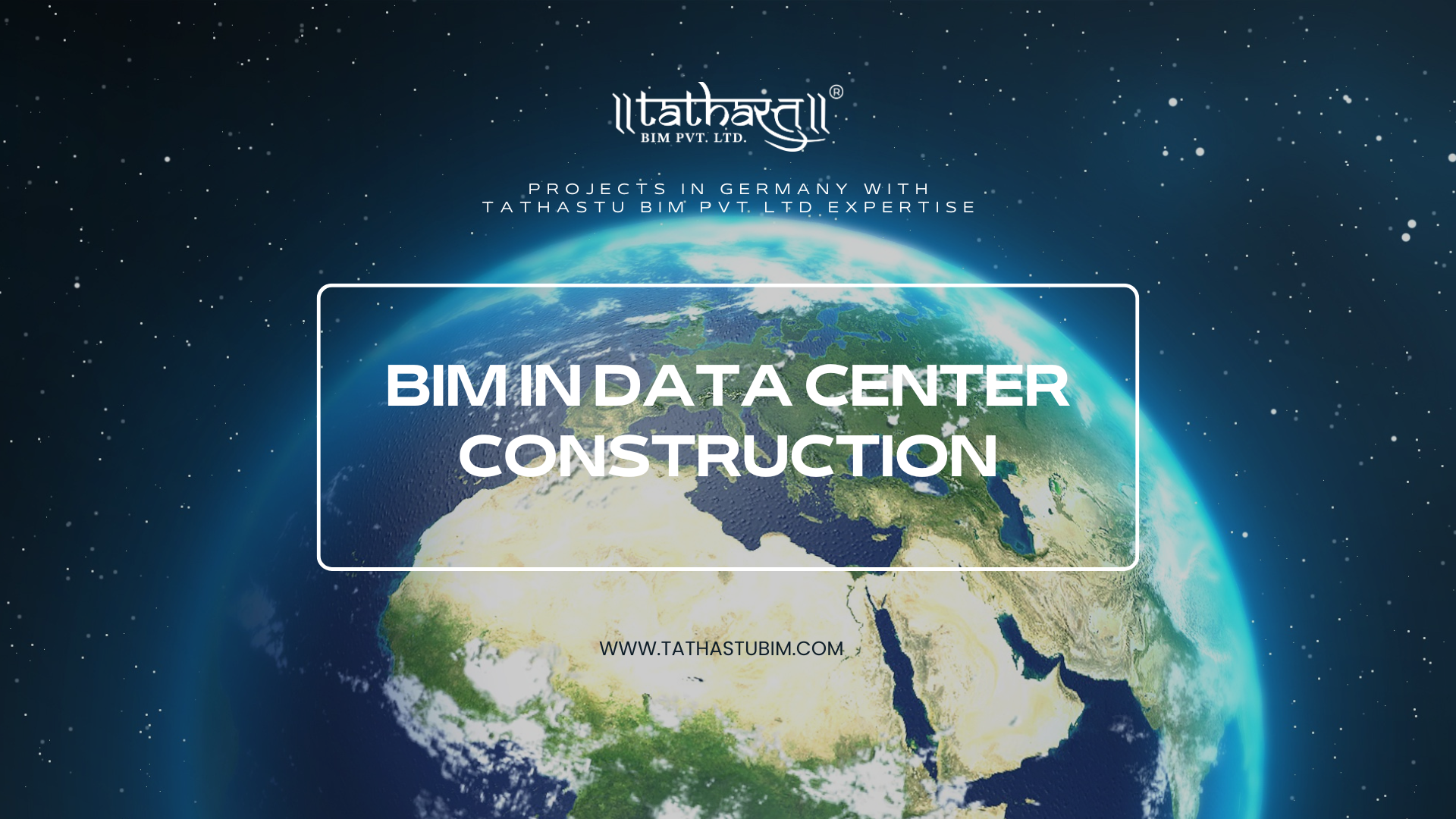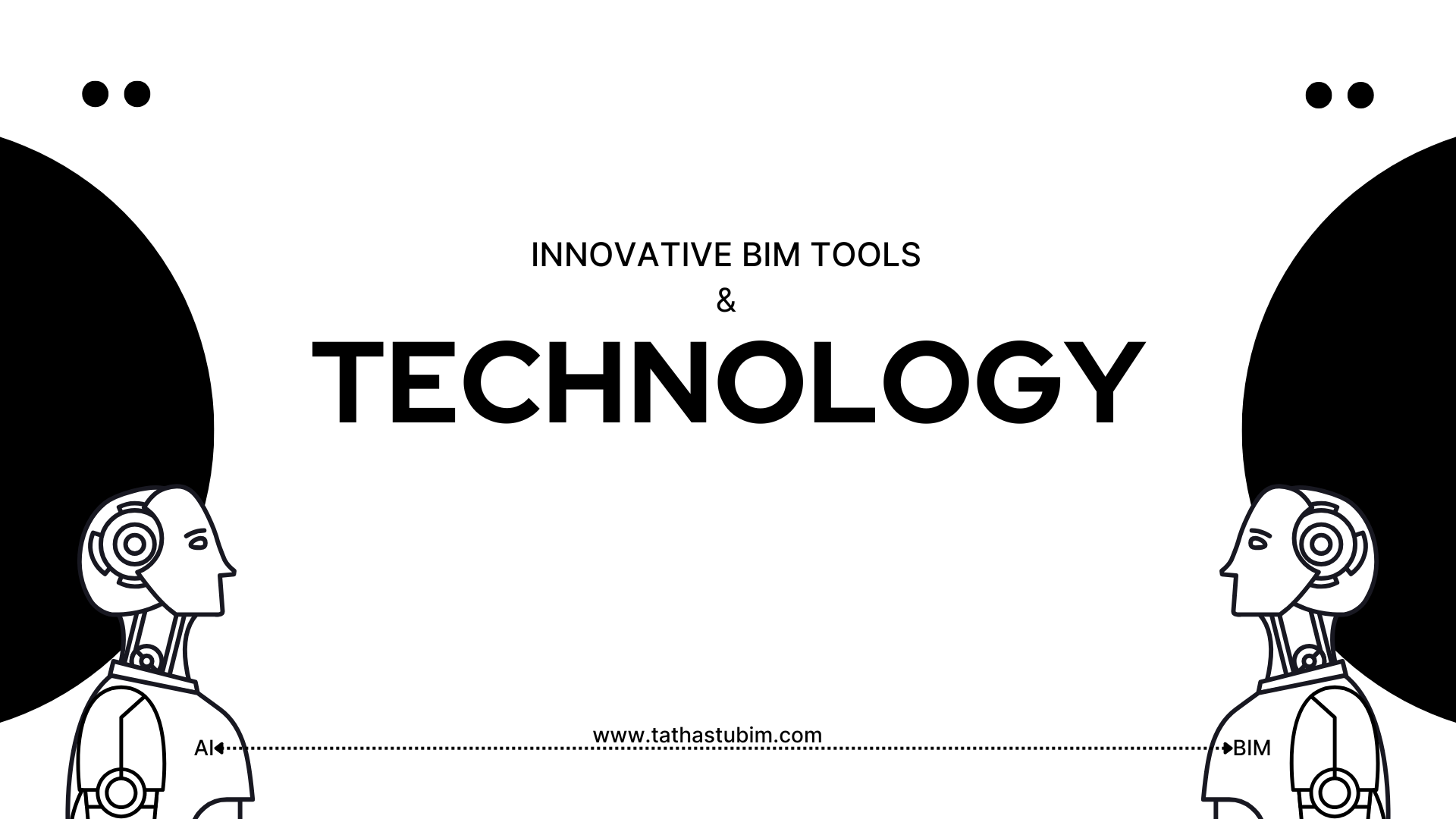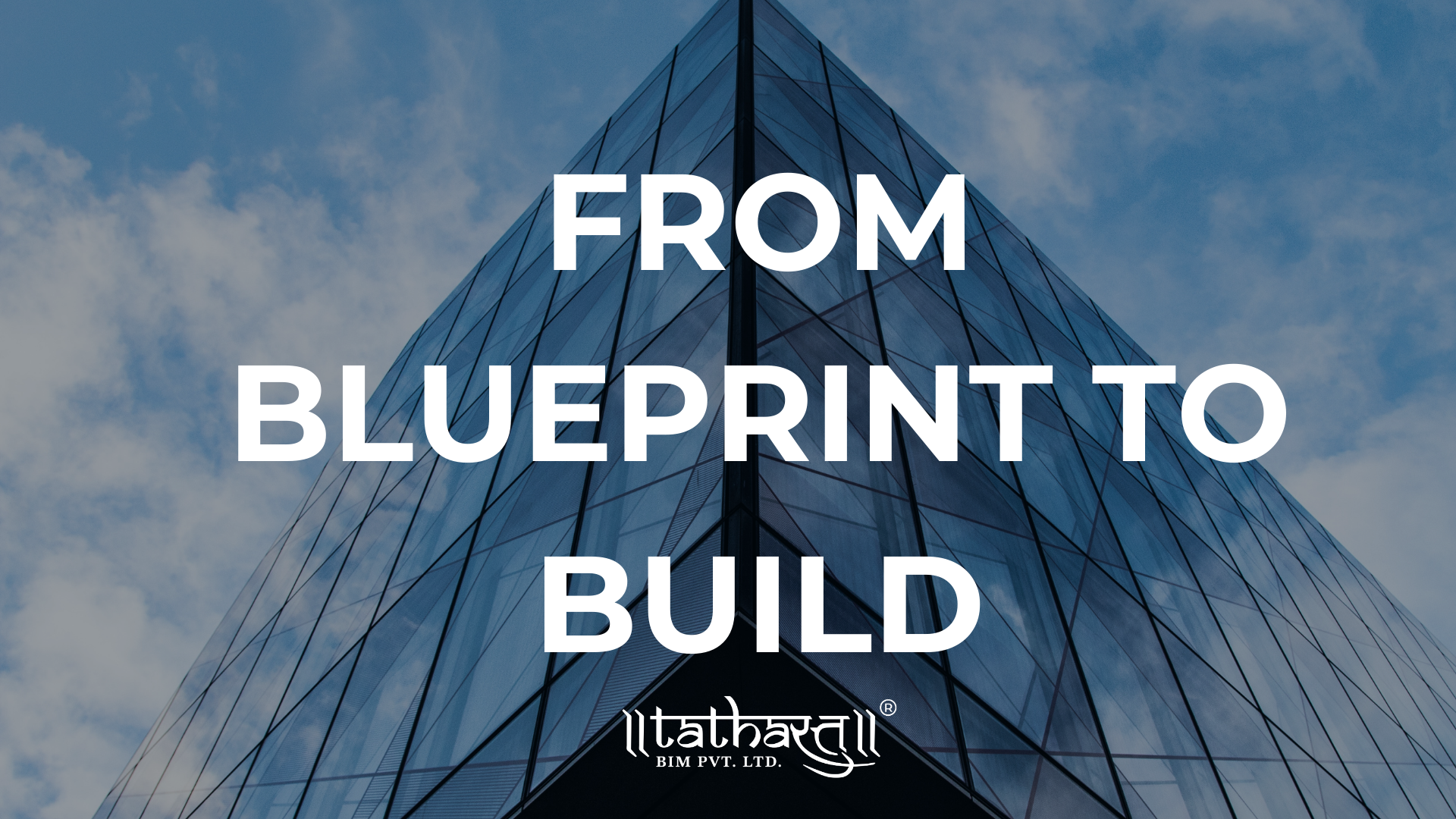


The Power of Scan-to-BIM in the AEC Industry: Enhancing Accuracy and Efficiency
Introduction
The Architecture, Engineering, and Construction (AEC) industry is undergoing a significant transformation with the advent of innovative technologies. One such technology that has revolutionized the industry is Scan-to-BIM. Scan-to-BIM refers to the process of capturing accurate as-built data through 3D laser scanning and converting it into a Building Information Model (BIM). This powerful combination of scanning technology and BIM software has the potential to enhance accuracy, efficiency, and collaboration throughout the project lifecycle. In this blog post, we will explore the power of Scan-to-BIM in the AEC industry, highlighting its benefits, applications, challenges, and considerations.
The Benefits of Scan-to-BIM
- Accurate As-Built Documentation :
Traditional methods of capturing as-built data often lead to inaccuracies and discrepancies. Scan-to-BIM eliminates these issues by capturing precise measurements and creating a digital representation of the existing conditions. This accurate as-built documentation serves as a reliable foundation for design, analysis, and construction. - Improved Project Visualization :
By creating a detailed 3D model of the existing site or structure, Scan-to-BIM provides stakeholders with a visual representation of the project. This enhanced visualization allows for better design decisions, clash detection, and communication among project teams, resulting in improved project outcomes.
- Efficient Design Iterations :
Scan-to-BIM enables architects and engineers to seamlessly integrate the existing conditions into their design process. This integration allows for more accurate design iterations, minimizing clashes, and reducing the need for rework. The ability to work with reliable as-built data streamlines the design process, leading to time and cost savings.
- Enhanced Collaboration :
Scan-to-BIM promotes collaboration among project stakeholders by providing a shared platform for accessing and analyzing accurate as-built data. This shared understanding of the project conditions facilitates effective communication, coordination, and decision-making, leading to improved project outcomes. - Cost and Time Savings :
The accuracy and efficiency offered by Scan-to-BIM result in significant cost and time savings. By eliminating the need for manual data collection and reducing rework due to clashes or design errors, projects can be completed faster and within budget
Applications of Scan-to-BIM
- Applications of Scan-to-BIM
: Scan-to-BIM plays a crucial role in the renovation and retrofitting of existing structures. By capturing precise measurements of the as-built conditions, it provides architects and engineers with accurate data to plan and execute renovation projects. This technology allows for clash detection, identification of structural issues, and optimizing design solutions.
- Facility Management:
Scan-to-BIM is invaluable in facility management, as it provides accurate as-built documentation for ongoing maintenance and future modifications. Facility managers can access a digital representation of the building, enabling efficient maintenance planning, asset tracking, and space management.
- Construction Quality Control :
Scan-to-BIM aids in construction quality control by comparing the as-built conditions with the 3D model. This process allows for identifying deviations, detecting construction errors, and ensuring compliance with design specifications. By catching issues early on, costly rework can be minimized. - Clash Detection and Coordination:
Scan-to-BIM streamlines clash detection by comparing the 3D model with the as-built conditions. This process allows project teams to identify clashes between building systems, such as HVAC, electrical, and plumbing, and resolve them before construction begins. Improved coordination among trades leads to a smoother construction process.
Challenges and Considerations
- Data Processing :
The large volumes of data generated by 3D laser scanning can be challenging to process and convert into a usable BIM model. Efficient data processing workflows and powerful software tools are required to handle the data effectively. - Software Compatibility:
Compatibility between the scanning technology and BIM software is crucial for successful Scan-to-BIM implementation. Ensuring that the scanning equipment is compatible with the chosen software platform is essential for seamless integration. - Skilled Professionals:
Scan-to-BIM requires skilled professionals who are proficient in both 3D laser scanning and BIM software. Training and upskilling the workforce to effectively utilize Scan-to-BIM technology is essential for its successful adoption.
- Workflow Integration:
Integrating Scan-to-BIM into existing project workflows can be a challenge. Establishing clear processes, communication channels, and collaboration platforms is crucial for efficient implementation.
Conclusion
Scan-to-BIM technology has transformed the AEC industry by enhancing accuracy, efficiency, and collaboration. The benefits of accurate as-built documentation, improved project visualization, efficient design iterations, enhanced collaboration, and cost savings make Scan-to-BIM an invaluable tool for architects, engineers, and construction professionals. With applications ranging from renovation and retrofitting to facility management and construction quality control, Scan-to-BIM offers a wide range of opportunities to improve project outcomes. However, challenges such as data processing, software compatibility, skilled workforce, and workflow integration need to be addressed for successful implementation. By embracing Scan-to-BIM and leveraging its power, the AEC industry can achieve higher levels of accuracy, efficiency, and success in projects.
Popular Posts





